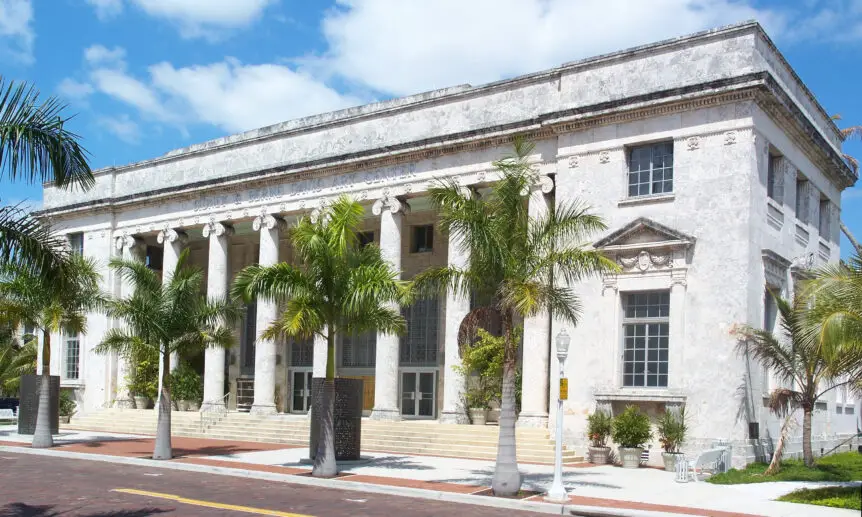Fort Myers, Florida – At a recent management and planning session, the Town of Fort Myers Beach Council engaged in a discussion regarding the regulation of commercial trailers. This topic stemmed from Local Planning Agency Chair Anita Cereceda’s recommendation earlier in the week to impose limitations on such trailers. The conversation organically evolved into an extensive exploration of the potential establishment of a dedicated food truck court at the site of the town’s former town hall property.
Fort Myers Beach Mayor Dan Allers proposed the idea of utilizing the former town hall property, which was demolished due to extensive damage from Hurricane Ian, as an exclusive space for food trucks. This suggestion came amidst concerns surrounding the increasing presence of commercial mobile trailers on the island in the wake of the hurricane. Although such trailers are generally prohibited by town code, they have been permitted as temporary replacements for businesses impacted by Hurricane Ian.
Councilmember Scott Safford expressed his interest in allocating space for food trucks at mid-island or Santini Plaza locations. Subsequently, Mayor Allers put forth the suggestion of repurposing the former town hall property to accommodate these mobile culinary establishments.
Safford highlighted his concerns pertaining to government intervention in business operations and the potential advantages granted to already-established businesses on the island. While recognizing the necessity of providing support to businesses affected by Hurricane Ian, he underscored the importance of ensuring fairness in this regard.
Councilmember Karen Woodson expressed her backing for a dedicated food truck space to accommodate new businesses on the island. On the other hand, Councilmember John King questioned the potential unfair advantage that may be granted to businesses utilizing the former town hall property, given the property owners who are actively paying taxes in the area.
Town of Fort Myers Beach Manager Andy Hyatt offered a possible solution, proposing that the town could charge fees for the use of the former town hall land, thereby offsetting any potential inequity. The council’s ongoing discussion on this matter reflects the complex balance of fostering new business opportunities while maintaining fairness among existing establishments.

